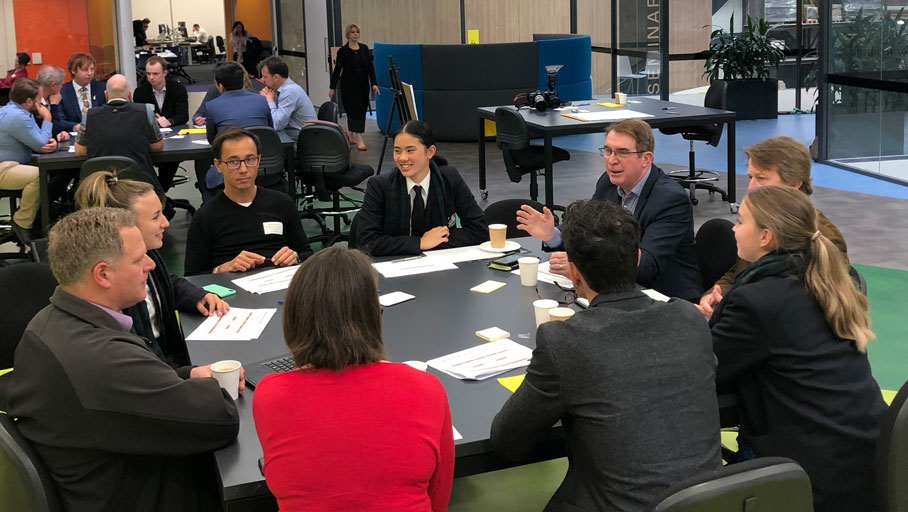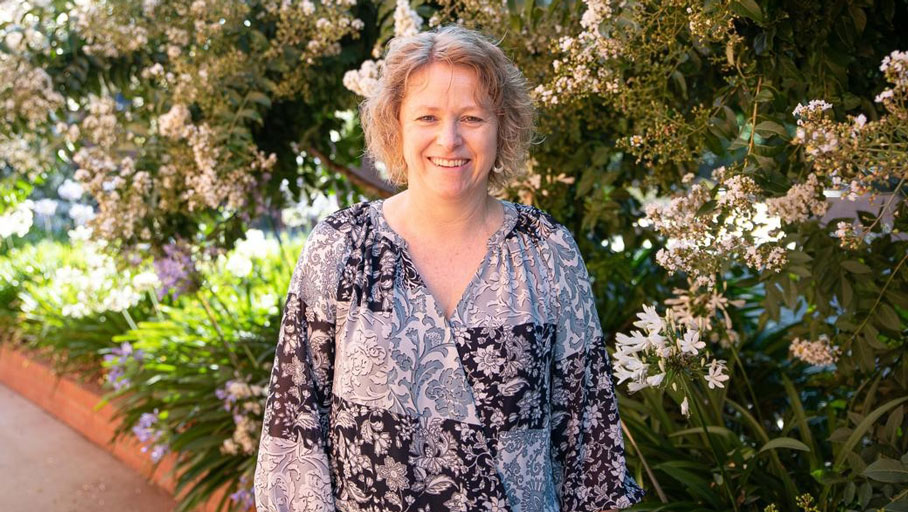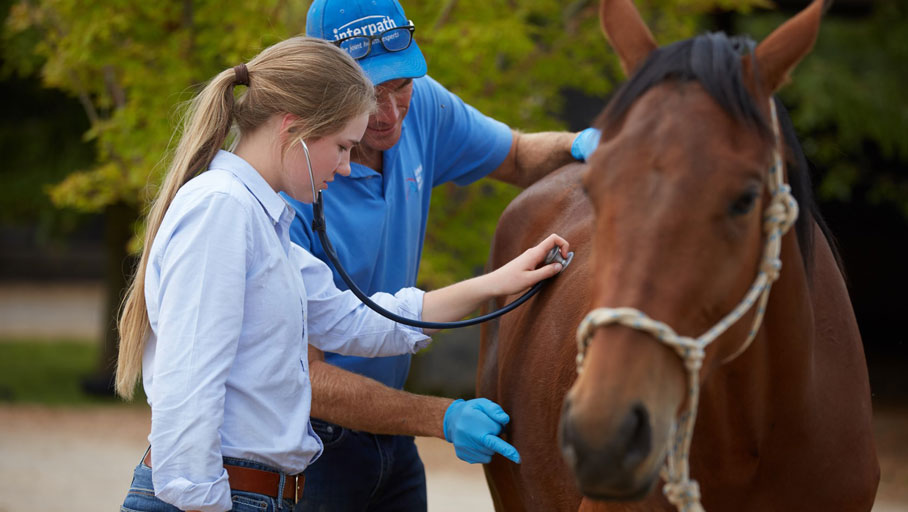Independent schools keep finding new ways to provide their students with real-world experiences, writes JIM HANNA.
Some 50km from Sydney’s CBD, a new smart city is aiming to be the epicentre of innovation in food, health, energy and urban development – and one Sydney school is getting in on the ground floor.
Pymble Ladies’ College is working with developer Celestino, the CSIRO, UTS and other organisations to create learning opportunities for its students at the 280-hectare Sydney Science Park in the emerging suburb of Luddenham.

At Pymble Ladies' College researchers and students will together study challenges in real-world environments.
From Term 2, its Year 10 Geography students will spend eight weeks exploring issues and devising solutions to the real challenges at the greenfields site, taking part in real-world learning.
“The girls will liaise with industry specialists by participating in activation events, industry panels, think tanks, research in the field and a solution festival."
“The girls will liaise with industry specialists by participating in activation events, industry panels, think tanks, research in the field and a solution festival,“ said Angela Schumacher, Director of Partnerships at the northern Sydney school.
“The CSIRO has established its Urban Living Lab on the site; this is a test environment where researchers and students will together study challenges like urban greening, water demand, and community wellbeing in a real-world environment.
“This will expose our students to a range of skills and pathways that will benefit them in a range of related careers.
“They will be able to undertake field work in areas such as urban planning, architecture, science, health, energy and water.”
Mrs Schumacher said the partnership aims to align with industry to develop a better understanding of the transferable skills graduates will require to be successful in life beyond school.
“The long-term vision is to collaborate with universities and industry to co-create micro-credentials that may provide entry points for university or provide pathways for internships with employers.
AISNSW will showcase more pathways like these for young people at its inaugural AISNSW Pathways and Partnerships Forum on Monday, 30 March.
“It’s part of our vision to create real-world connections with industry for our students from Kindergarten right through to Year 12,” she said.
At Kinross Wolaroi School (KWS) in Orange – 200km northwest of Luddenham – Sue-Ann Gavin is approaching local employers to organise work placements for students as part of The Regional Engagement Enterprise (TREE), a KWS initiative that provides community-based learning experiences for all students in the K-12 school.
“TREE engages students by connecting them to regional opportunities and making their learning as relevant as possible,” said Ms Gavin, Director of TREE.

Sue-Ann Gavin, Director of The Regional Engagement Enterprise at Kinross Wolaroi School.
“The program especially tries to address a disconnect young people have with agriculture.”
Each year, TREE offers eight unique industry internships to Year 11 students, who will attend a business for half a day per week for 20 weeks.
“TREE engages students by connecting them to regional opportunities and making their learning as relevant as possible."
“The students work on a specific project which they will communicate back to the school community,” Ms Gavin said.
“Our students have undertaken internships at a horse stud, an alpaca wool mill, a vineyard and an apiary.”

Student internships making learning as relevant as possible at Kinross Wolaroi School.
Ms Gavin said it was important to find internships that matched students’ abilities and aptitudes.
“I’m also finding local placements in law, medicine and media for three students who did accelerated maths and sat their HSC maths exam last year,” she said.